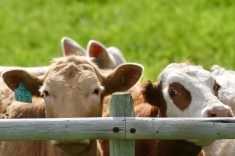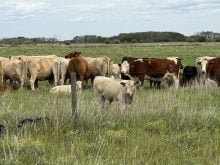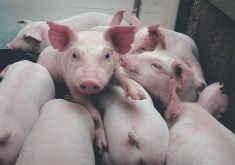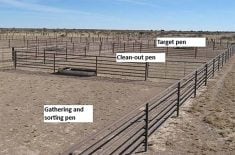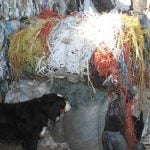SASKATOON – Canadian cattle showing at the National Western Stock Show in Denver next January will not have to be branded.
A compromise on the controversial issue was reached in June, consul and agricultural trade commissioner Kim O’Neil told the Saskatchewan Stock Growers Association.
O’Neil, who is based at the Canadian consulate in Denver, said officials from the Canadian Food Inspection Agency met with the Colorado state veterinarian to discuss the matter, and the American official agreed to relax the requirement.
The state veterinarian had ordered all Canadian cattle to have an ear tattoo and a brand C, inverted V, N on their right hip if they were entering the show.
Read Also
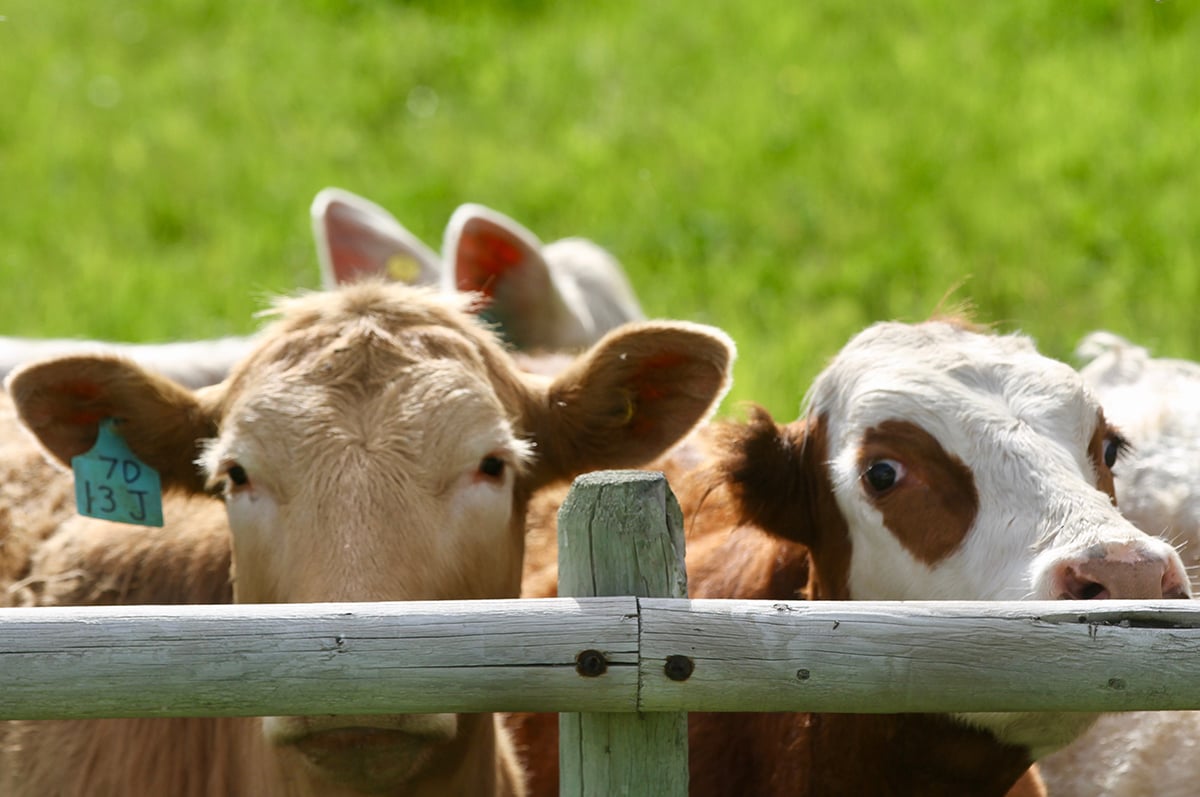
Feeder market consolidates at historic highs
For the week ending Sept. 6, Western Canadian feeder cattle markets were relatively unchanged compared to seven days earlier.
However, many breeders opted not to attend rather than brand their show cattle.
O’Neil said some Americans had questioned the quality of the ear tattoos, which is why they demanded the hides be branded.
The compromise eliminates the need for the brand, but still includes the tattoo.
“If the animal is going to just be brought in to show for show purposes and then go back to Canada, it would just require the ear tattoo,” O’Neil said.
“If the animal was sold in the U.S., or was going to remain in the U.S., then the brand inspectors would have to ensure that the animal was branded before it left the stock show grounds.”
O’Neil said dairy breeders were concerned they would have to brand their cows, but the Denver show is only for beef cattle.
“It’s a baby step,” she said, adding it could encourage more Canadians to return to the Denver show.
Earlier this year a few Canadian breeders met the stringent requirements, saying they wanted to re-establish the market that closed to them after BSE was discovered in Canada five years ago.
O’Neil also outlined another success for the Denver consulate.
She organized discussions between state and Canadian officials about Canada’s Seasonal Agricultural Worker Program and suggested a regional program might work.
Colorado is short of workers, particularly in meat plants. Illegal immigrants from Mexico often make their way north to work in the plants but can be rounded up in raids and sent home.
She said the United States has a temporary worker program, but the paperwork takes too long once the homeland security department becomes involved.
“They make their applications in February and they may not get approved until the following November,” O’Neil said.
In comparison, Canadian approvals can be done within days.
After examining the Canadian agreements with Mexico and the Caribbean, Colorado passed legislation for a pilot project with the Mexican state of Guadalajara.
“And the (agricultural) commissioner never fails to mention it was based on the Canadian program,” O’Neil said.
She added working on projects like this creates goodwill between Canada and the U.S.
“Agriculture is an important commodity for both countries and we work together in such a way that we’re able to make it work.”



